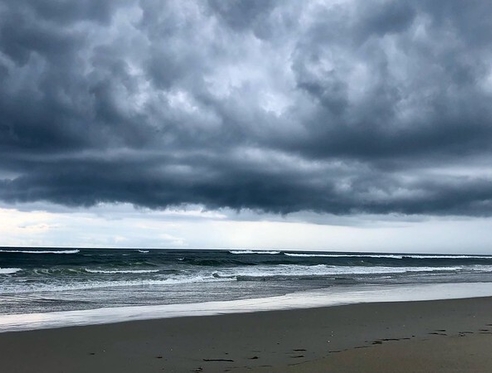When Dogwood Initiative needed to mobilize BC residents to reclaim decision making power over the air, land, and water they depend on, they turned to distributed organizing— motivating and empowering champion volunteers to lead and organize others. When they needed all the tools they rely on for distributed organizing to integrate instead of get in their way, they turned to us!
While Dogwood’s distributed organizing is all about having conversations with neighbors, technology is key to engaging and organizing all those people. They use tools like Nationbuilder, Salesforce, Marketo, WordPress, Form Assembly, CallFire, and more. That’s a great deal of information stored separately–actions taken, emails sent, volunteer teams joined, and donations made by people who are important to Dogwood, all in different data silos.
Some of their tools work directly with Salesforce, but their advocacy team was spending way too much time exporting and importing between Salesforce and Nationbuilder or CallFire. At the scale Dogwood needs to work to achieve their province-wide goals, they need fully integrated systems, so they called us for help. We built them two integrations:
Nationbuilder is Dogwood’s distributed organizing engine. Volunteer organizers use it to plan meetings, set up canvasses, collect pledges, send mass emails, and enter new supporters. We built them a two-way sync to maintain contact information and engagement data, using Jitterbit. Not the free Jitterbit data loader, but their Harmony ETL platform. (Tech acronym alert: Extract Transform Load is pretty much what it sounds like: get data from one place, change it as needed so that you can then load it into another place). It has a great Salesforce integration and can also connect to any system that has an API, like Nationbuilder. Our technical architect, Matthew Scholtz, also used apex to handle some post-processing in Salesforce.
A two-way sync increases complexity in any integration. You have to control timing and which data takes precedence to avoid conflicts and overwriting essential data. Matthew says he appreciated Jitterbit’s great error-logging while dealing with that complexity.
Our integration syncs Nationbuilder and Salesforce 14 times a day. Imagine having to import/export by hand to keep up with that! Maggie Gilbert, Dogwood’s lead data wrangler, says the “Nationbuilder integration is constantly there chugging away, doing some seriously heavy lifting.”
CallFire is a cloud-based distributed call center with a predictive dialer and an easy interface for volunteers to make calls from wherever they are, see who they are calling and what they should say, and then record how the call went. On a daily basis during a busy election campaign, Dogwood needed to create current call lists from inside Salesforce and post them to CallFire. After a night of volunteers talking with their fellow voters, who had pledged to vote, donate, or volunteer needed to make it back to Salesforce. Maggie said the integration we built “pushed call results almost magically.” Nope. Not magic: REST API and a good developer, but we appreciate the sentiment.
Technology should save staff time and help them reach campaign goals. Maggie says, “It would have been impossible to process our volume of donations, work with as many organizers, or make as many phone calls during an election without building out these integrations, or hiring a lot more staff. We’re very happy with what they’ve enabled us to do.”
The results were awesome. Last election 854 volunteers made over 40,000 live phone calls with CallFire. Dogwood also sent 35,000 text messages through CallFire the night before the election reminding people to vote. Volunteers and staff used Nationbuilder to organize hundreds of events, knock on thousand of doors, and send over 100 thousand emails.
When the election finally arrived, turnout in BC surged from 60.4% to 70.4%, outpacing Alberta, Ontario, and Quebec. That’s an increase of almost 500,000 citizens from the last election! And Dogwood’s thousands of volunteers and supporters were heard: the newly elected Prime Minister Justin Trudeau pledged a moratorium on oil tanker traffic on BC’s North Pacific coast.




